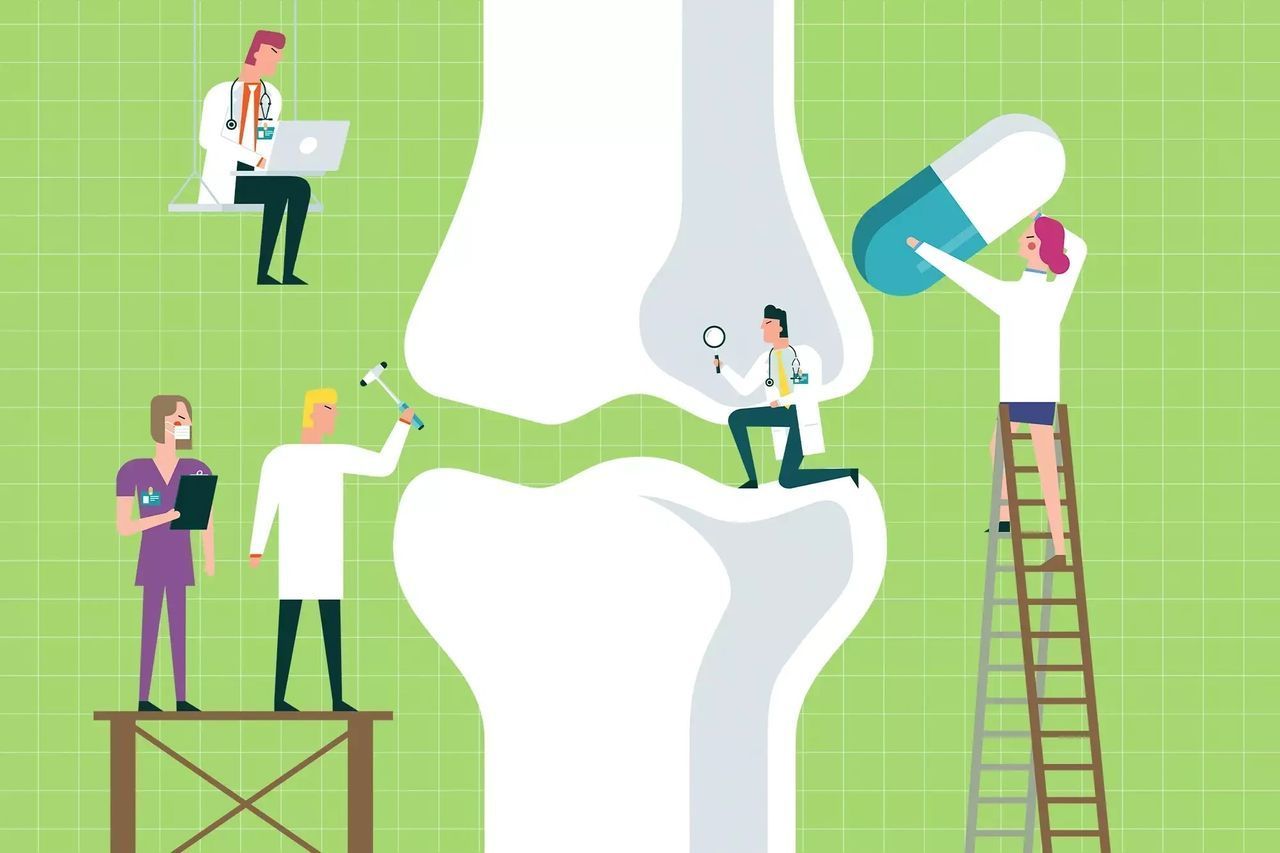We Provide Useful Information About Senior Health and Wellness

The brain is one of the most important parts of our body! It is central to our entire well-being. It gives us the ability to communicate, recall information, make decisions, solve problems, and go about our day to day activities with ease. That is why it's vital for us to care for it as we do with the other parts of our body. Although there are no ways to fully prevent memory loss or dementia, there are many simple steps you can take each day to keep your memory sharp. 1. Be sure to include physical activity into each day. Physical activity not only increases blood flow to the muscles you are working but your brain, as well. There are many different ways to stay active and each have their own unique benefits. 2. Stay mentally active Reading, crossword puzzles, board games, learning languages and new instruments all are great ways to challenge your brain. Find an activity that you enjoy that can stimulate your mind! 3. Socialize often Interaction with loved ones, friends, and other individuals that may have similar interests can help fight off depression and stress, which both can contribute to memory loss. Try to find activities you enjoy to participate in with these individuals! 4. Prioritize your sleep Maintaining a regular sleep schedule and planning seven to nine hours of sleep a night. It is critical in allowing your brain time to power and recharge the mind. 5. Maintain a healthy, balanced diet Healthy, quality food choices are helpful for all parts of your body and influence how you feel. Certain foods even have benefits tied directly to your brain and memory. 6. Manage your stress and stay organized Staying in a clean, decluttered space can help manage stress levels and help you to best handle any appointments and obligations you may have. Keeping to-do lists and a calendar not only helps you remember your tasks but helps you feel more focused on that tasks needing your immediate attention. 7. Be sure to keep your chronic conditions in check Certain medical conditions if left untreated can be detrimental to your overall health, and in turn, your brain health. Ensure you are working with your doctor to work on a proper treatment plan and reviewing any necessary medications to be sure you are taking the best possible care of yourself.

The holidays and Thanksgiving can be a difficult time for many people in a variety of ways. For one thing, it can be challenging to stick to any health-related goals. The temptation of so many seasonal treats that are calorie-dense and many are loaded with sugar. Here are a few tips to help you get through this Thanksgiving just a little bit easier this year! 1. Don't Skip Meals Make sure you eat regularly and not skip meals to “save calories” for other meals. This may contribute to poor choices later on. Eating mindfully is important! 2. Eat All Your Favorite Foods Keeping portion sizes in check can do more than you realize - but don’t restrict any of your holiday favorites. Try to make your plate look colorful and incorporate all food groups! 3. Healthier Food Swaps Swapping high calorie, low nutrient dense foods for healthier options will not only make you feel better, but will help prevent any unwanted weight gain. Many drinks and snacks you find at Thanksgiving meals are filled with empty calories, so just be cautious and mindful with what you are consuming! 4. Prevent Mindless Snacking A great way to avoid excess snacking and calories when socializing with friends and family is to simply move the conversation away from the food. A simple solution! 5. Don’t Feel Guilty A big part of overall health is how you treat yourself. Remember it’s simply one day, and you can get right back on track to your goals. Never get so caught up in those that you forget to enjoy your friends & family! Enjoy your Thanksgiving and remember your health is something for which to be grateful!

Bone health is important throughout the course of life, but takes a turn for increasing importance as we age! Women are at increased risk of bone weakening and osteoporosis - the body’s loss and/or inability to make enough bone. This accelerates in severity around the time of menopause, when the hormone estrogen sharply decreases in the body. Estrogen is the hormone that protects bone and slows the natural breakdown of bone. Twenty percent of women over the age of 50 are seen to struggle with osteoporosis, as opposed to men, at five percent. Certain ethnicities are also more prone to osteoporosis. Black Americans have much lower risk of bone related problems with age as opposed to individuals with white or other ethnic backgrounds. We want to avoid extreme levels of certain foods as well, with age. Salt, caffeine, alcohol, and foods with high sugar content all contribute to bone deterioration and should be eaten in moderation. Salt can be a great contributor to bone weakening, as it allows for calcium to be excreted through the urine and lost from the bones. High sugar levels, as well, are associated with lowered bone quality and density. Because of this, it is important to limit and consume in moderation these foods! Bone-Healthy Meal Ideas: all high in calcium! Breakfast Lower sugar/unsweetened Greek yogurt with berries, granola Lunch Shrimp Cobb salad with Dijon dressing Dinner Roasted butternut squash with salmon cakes Snacks Handful of almonds, string cheese Osteoporosis Info: https://www.endocrine.org/patient-engagement/endocrine-library/menopause-and-bone-loss#:~:text=Since%20estrogen%20helps%20prevent%20bones,naturally%20produced%20in%20the%20body . https://americanbonehealth.org/races-ethnicities/10-things-to-know-about-racial-differences-in-bone-health/ Recipes: https://www.eatingwell.com/recipe/274363/shrimp-cobb-salad-with-dijon-dressing/ https://www.loveandlemons.com/wprm_print/42548 https://www.wellplated.com/salmon-patty-recipe/
Find out how the team at Be40Stroung can help you improve your health and well-being. Call us today at 773-370-2452.






